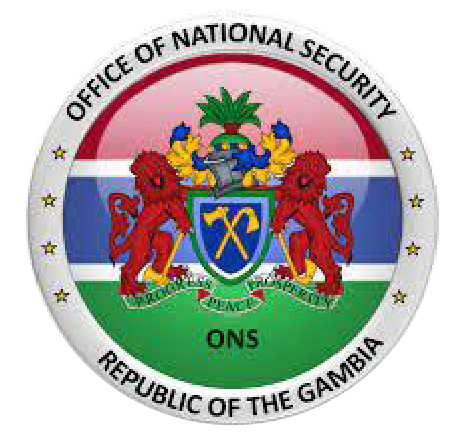FOREWORD
Following the election of Presidential Barrow in December 2016, the newly elected government launched a series of inclusive reforms as part of the government’s wider reform agenda to uphold the highest standards of democracy, good governance, respect for human rights, and rule of law. Those include the development of a National Development Plan 2017-2020; the launch of a transitional justice process and the launch of an SSR process.
In September 2017, the government officially launched the SSR process, appointed a National Security Adviser (NSA) and established a SSR Steering Committee to lead the process. A Technical Working Group was set up with the mandate to conduct a security sector assessment. The security sector assessment report, handed over to the government in late 2017, calls for measures aimed at, notably: establish and support an office of the National Security; adopt a national security policy; review and amend, as appropriate, the legal framework governing the security sector and develop institutional policies; conduct an in-depth human resources assessment of security institutions to inform required reforms; and strengthen civilian oversight of the security sector.
One of the main challenges was the accessibility of the legal instruments governing the security sector institutions, which is needed to ascertain their mandates and to know if these laws are fit for purpose with regards to the government reform agenda.
In this context, DCAF one of our most active and dependable partners in SSR has benevolently agreed through EU funding to support the design and development of a legal database for the legislations of the security institutions.
The Purpose of the legal database is to collate all the policies, strategies and laws governing the security institutions readily available to all partners, stakeholders, academia, and the public. I therefore strongly believe that this is a great achievement in our SSR agenda as a government and we register our sincere appreciation and gratitude to both the EU and DCAF.
RTD. Col. Momodou Badjie
National Security Adviser of the Republic of The Gambia
What does this database contain?
The database contains some key legal instruments governing the security sector in The Republic of The Gambia. The database is a collection of more than 80 laws, policies or regulations adopted since The Gambia’s independence in 1965, covering Acts emanating from the legislative and executive authorities, as well as selected international conventions ratified by The Gambia. The aim is to enhance knowledge and understanding of the security sector, through increased access to its regulatory frameworks, thereby strengthening accountability and external oversight of the security sector.
Disclaimer
The information contained in this database was supplied by the Security Institutions in The Gambia and it will continue to be administered and maintained by the Office of National Security (ONS).
In assembling this database DCAF has gone to great lengths to ensure that it is as complete and error-free as possible. Nevertheless, given the scale of the task and sometimes the difficulty of accessing the texts – DCAF and the ONS encourage any comments, observations or corrections. Likewise, the authors decline all responsibility for the potential consequences caused to third parties that may result from the errors found in this database. Please consult the Office of National Security (ONS) for any official reference.

